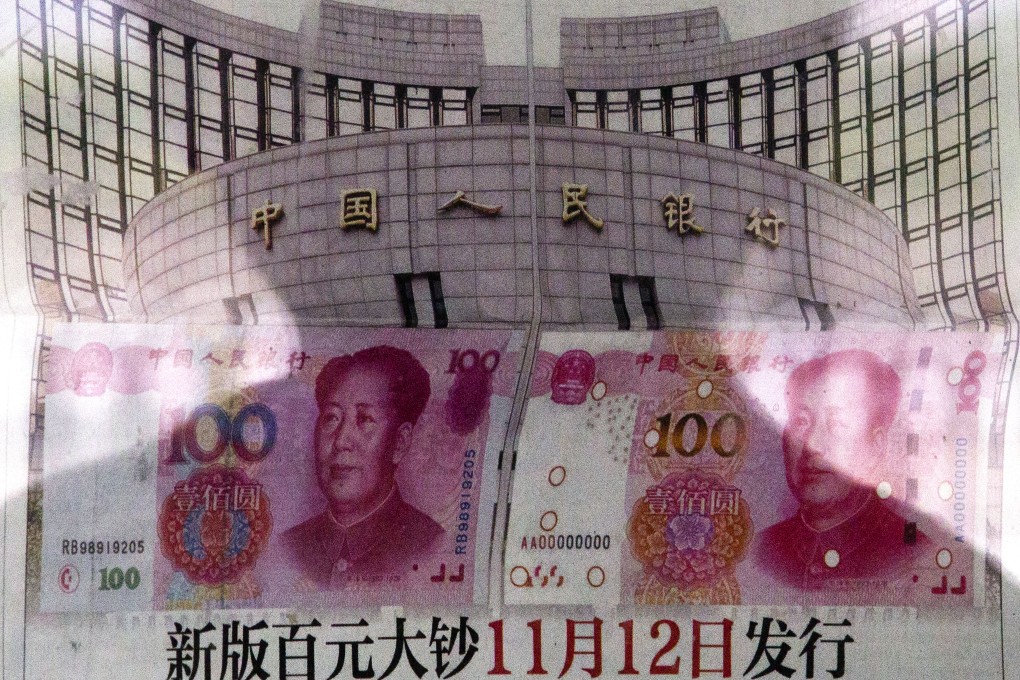China to open up onshore yuan trading to foreign players as currency falls for third consecutive day
HK status as a yuan hub faces threat as mainland moves to converge onshore-offshore trading by allowing in select foreign institutions

Beijing will open up the onshore currency market to select foreign institutions, in a move that could threaten Hong Kong's status as an offshore yuan hub by eliminating the distinction between the two markets.
"Eligible" foreign institutions would be allowed to trade yuan on the mainland while onshore yuan trading hours, which run from 9:30am to 5:30pm every business day, would be extended, said Zhang Xiaohui, the head of the monetary policy department at the People's Bank of China. Market players see the move as a step in the direction of ending the one currency, two rates system.
China, because of its capital controls, is the only nation with different onshore and offshore currency rates.
Onshore yuan, denoted as CNY, was trading against the US dollar at 648 basis points stronger than the offshore yuan, or CNH, yesterday.
Onshore yuan has lost 3.2 per cent while offshore yuan has shed 3.7 per cent since Beijing jolted the markets with a shock devaluation on Tuesday.
The yuan fell for the third day in a row but the pace of decline seemed to be slowing as foreign exchange players adjust to the new, market-oriented currency mechanism.